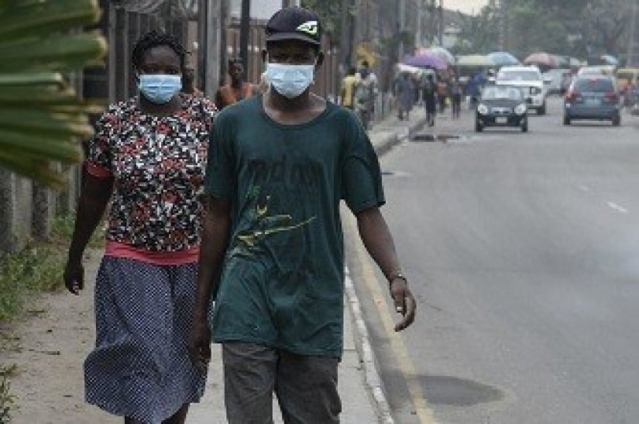A Senior Research Fellow at the Kwame Nkrumah University of Science and Technology’s Global Health Department is urging health authorities to move away from testing people through enhanced contact tracing methods and focus on testing of the general population.
“We have been looking at where we expect the cases to be. Now what happens is that as the infection spreads, you will not be able to catch up with the rate of the spread because the infection can end up being almost everywhere and not just being in specific places,” Dr John Amuasi explained on the Super Morning Show, Monday.
The country’s health authorities have been using enhanced contact tracing methods to find potential patients with Covid-19 since the first two cases were reported in March.
As of May 10, 4,700 people have been confirmed to have tested positive for the virus.
According to the President in his nation address on Sunday, a total of 160,501 tests conducted nationwide so far through enhanced contact tracing methods that have been adopted.
However, Dr John Amuasi says that enhanced contact tracing can no longer be a reliable method enough to keep up with the virus.
He explained that this is because people are more likely to get infected from moving around rather than catching the virus from someone who has been in contact with another infected.
“If you go looking for a needle in a haystack it’s going to be pretty hard to find the needle but if you go looking for a needle in a sewing box, you will find more than one needle most likely.
“So this is why I say the number of cases we have presently should not be alarming because we’ve been looking for needles in the sewing box.”
“We are at this juncture where we need to wrap that and move to mass testing because the strategy of chasing to see where people who are infected are and who they could’ve had contact with cannot hold any longer, given the rate of spread that we anticipated,” Dr Amuasi added.
He further explained that because mass testing is not the norm now, an actual rate of spread cannot be determined.
“We are not conducting a fixed number of tests daily, we are not testing in the general population and therefore we cannot assess with measure our actual rate of spread.
“What we have now is the picture of people who we expect to have been exposed [to the virus] and that is why we have such a high number of people.”
“By the end of this week or early next week if we do not shift our gears we could end up in a situation where we can no longer catch up and this is worrying,” the researcher added.
Latest Stories
-
Don’t tempt us; there will be no re-collation of parliamentary results – NDC warns EC
3 minutes -
AGA Obuasi and partners embark on ‘Ekwanso Dwoodwoo’ road safety campaign
14 minutes -
Over 3,000 students displaced after fire damages Kwashieman cluster of schools
19 minutes -
Melcom opens its doors at Accra Mall
25 minutes -
EC calls for maximum security to complete re-collation process in 9 constituencies
31 minutes -
Kwabena Kwabena, Kofi Nti to take over Ike City Hotel’s Sky Bar on Dec. 21
50 minutes -
EC won’t uphold ‘lawless’ declaration of results – Jean Mensa
56 minutes -
460,000 students face uncertainty as WAEC delays results over GH₵118m debt
1 hour -
Parents of East Legon accident teen fined GH₵12,000 for negligence
1 hour -
GMA condemns attacks on official bungalow of Ashanti Regional Chairman
2 hours -
Paul Pogba’s brother sentenced to a year in prison for extortion
2 hours -
Gospel artiste Frank Owusu wraps up 2024 with new single, worship event
2 hours -
GPL 2024/25: Hearts seek redemption in Berekum Chelsea contest after Kotoko defeat
2 hours -
Karpowership Ghana spreads Christmas cheer to children at Echoing Hills Village
2 hours -
‘Together, we rebuild’ – UG NDC Lecturers Caucus calls for national unity in tackling Ghana’s challenges
2 hours

